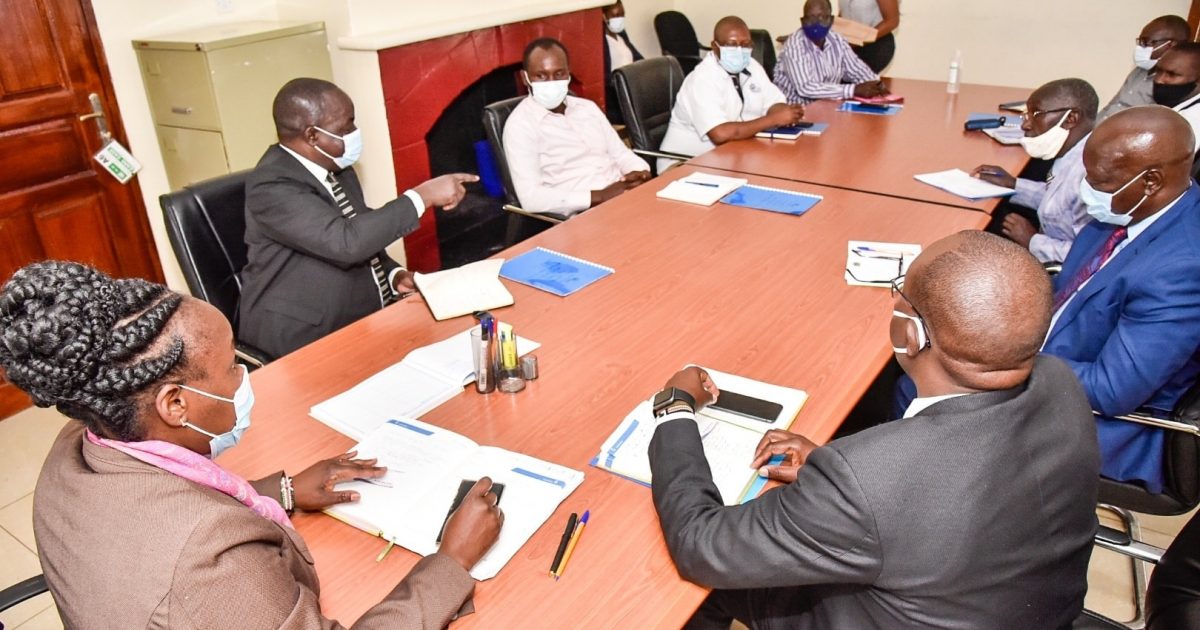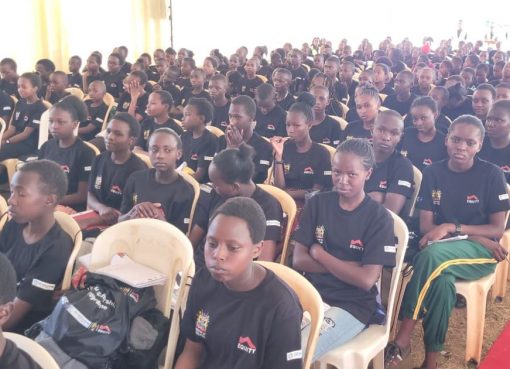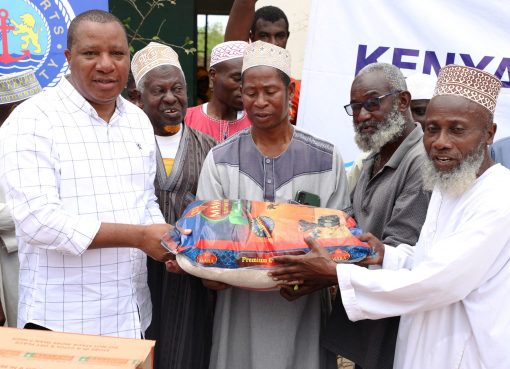The Kenya Coast Guard Service (KCGS) has established a patrol and surveillance base at Lake Naivasha in the latest efforts towards curbing increased illegal fishing at the water body.
Nakuru County Executive Committee Member for Agriculture, Livestock and Fisheries Immaculate Maina said the patrols will also tackle all security challenges to restore confidence among fisher folk and locals in the region.
Dr Maina observed that doing away with fish poaching was crucial since it threatens the livelihoods of more than 10,000 families that depend on fish from the fresh water body.
“Illegal fishing has become very rampant in the lake. The number of unlicensed fishermen along the shorelines, and, unfortunately, on breeding grounds, has increased over the years since the early 2000s and sometimes they net more fish than their licensed counterparts.
Illegal fishing gear also nets immature fish, their eggs and fingerlings,” said the Agriculture CEC.
The State Department for Fisheries, Aquaculture and Blue Economy had raised the red flag over the dwindling stock of common carp, the dominant fish species in Lake Naivasha. Experts believe that the black bass fish species is now extinct in the water body.
Dr Maina spoke after signing a Memorandum of Understanding with the Kenya Coast Guard Services (KCGS) and the Kenya Marine Authority (KMA) on conservation of the water body and protection of its resources.
She stated that the County had intensified monitoring, control and surveillance activities in Lake Naivasha adding that in the past year 48,542 illegal fishing gears had been confiscated from poachers.
“At least 70 percent of the illegal fishermen are former flower farm workers, some of whom lost their jobs after the firms ceased operations. They have now turned to illegal fishing as an alternative to earn a living. This has to be brought to an end.
While maritime resources contribute 2.5 percent of the country’s Gross Domestic Product Kenya loses up to Shs10.5 billion million annually from illegal fishing. If maritime resources are properly and fully exploited they would bring the country more than Shs 30 billion, offer jobs and livelihoods to thousands,” revealed Dr Maina.
Previously, the lake has recorded cases of drowning and hippo attacks as the illegal fishermen venture into the waters without caution.
The KMA Director-General John Omingo noted that Lake Naivasha was also battling siltation, solid and liquid waste pollution and degradation of its catchment area.
He said the multi-agency collaboration was also aimed at curbing pollution and ensuring that only registered boats venture into the lake for fishing and other recreational activities.
“We will roll out community sensitization meetings towards using proper fishing gear and the importance of abandoning the use of banned fishing gears and methods to reduce pressure on the Lake,” stated Mr Omingo.
The KCGS Inland Squadron Commander Captain Jotham Odera warned that his team will not spare those who breach fishing regulations including dumping of harmful wastes and pollutants into the lake.
“The mandate of the Kenya Coast Guard Service includes ensuring pollution prevention. Those found spilling oil, waste water or any other form of pollutants into Lake Naivasha will be dealt with accordingly,” he warned.
Captain Odera stated that Lake Naivasha being a freshwater body, ought to have pH levels of between 6 and 8, but pollution has led to acidification that has seen its pH levels drop to below 6.
He added that the multi agency team was also committed to eradicating the destruction of fish breeding grounds: “Which has led to competition for food and breeding grounds.”
The KCGS inland squadron commander said unregulated fishing involves the use of outlawed trawling nets which can cause extinction of 76 per cent of fish species if not checked.
“Beach seining, mono filament and use of undersized nets are the most common illegal methods of capturing fish. Beach seining involves tying a fishing net to two ends a few metres into the lake, and then pulling it towards the shorelines. When using the mono filament method, invisible plastic nets are cast in the water,” he explained.
According to Section 43 (4) of the Fisheries Act, it’s illegal to use nets of less than 127mm (hole size) when diagonally straight. It, however, sets a special size of not less than 10mm for omena fishing. The law also prohibits fishing 2km towards the shores.
The KCGS was established as a special force to man Kenya’s maritime territories, after President Uhuru Kenyatta signed The Coast Guard Act 2018 into law.
Kenya Coast Guard Service is also responsible for enforcing maritime security and safety, pollution control and sanitation measures and prosecuting offenders.
The Coast Guard Service comprises personnel drawn from the police, the army and intelligence services and civilian professionals seconded from the Public Service Commission.
By Anne Mwale




